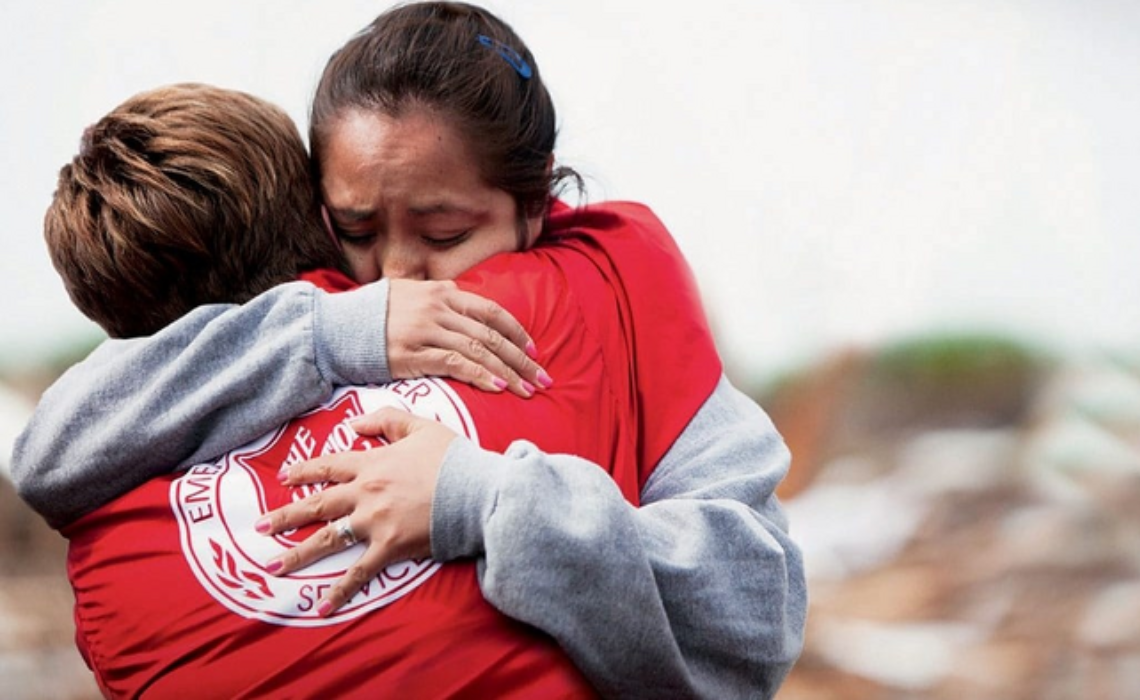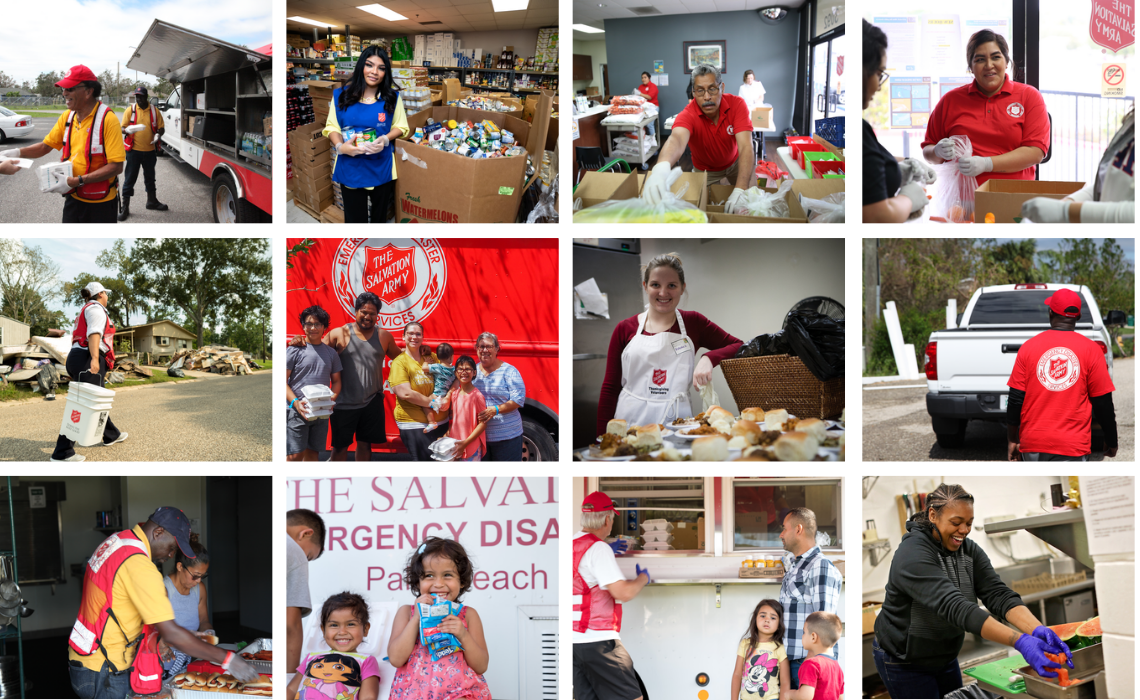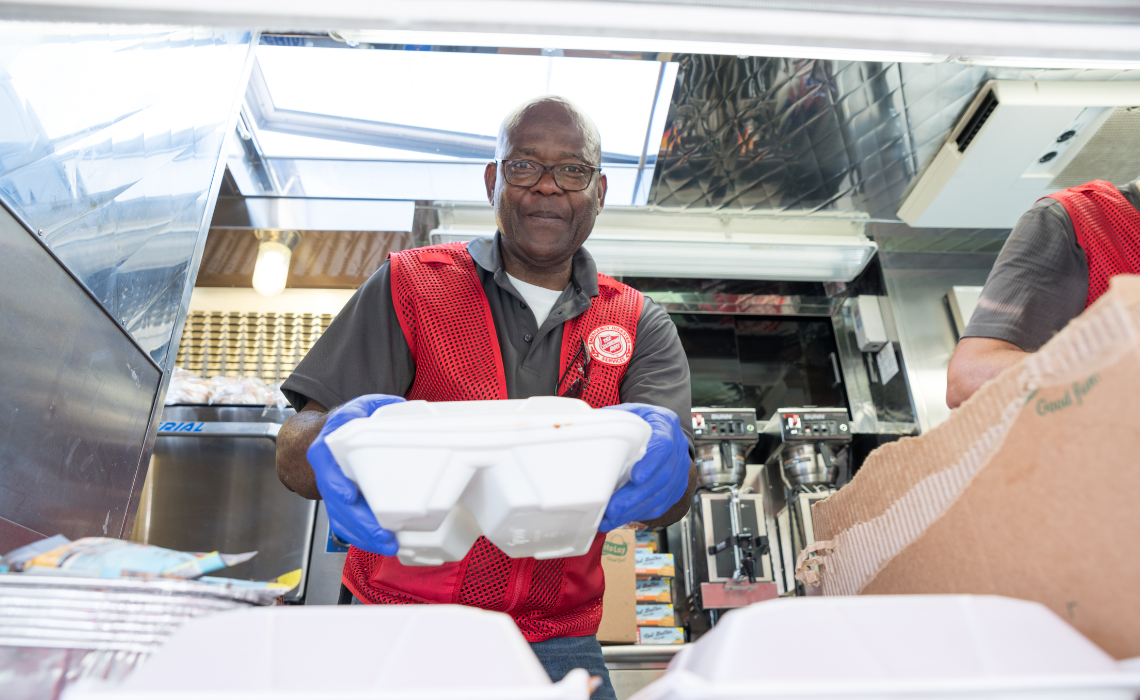-
News Room
Never Miss a Chance to Do the Most Good
Please enter your name, email and zip code below to sign up!
-
Ways to Give
Never Miss a Chance to Do the Most Good
Please enter your name, email and zip code below to sign up!
-
Pathway of Hope
Never Miss a Chance to Do the Most Good
Please enter your name, email and zip code below to sign up!
-
Who We Are
Never Miss a Chance to Do the Most Good
Please enter your name, email and zip code below to sign up!
-
Volunteer
Never Miss a Chance to Do the Most Good
Please enter your name, email and zip code below to sign up!
-
Contact Us
Never Miss a Chance to Do the Most Good
Please enter your name, email and zip code below to sign up!
-
Careers
Never Miss a Chance to Do the Most Good
Please enter your name, email and zip code below to sign up!
-
Booth Maternity Homes
Never Miss a Chance to Do the Most Good
Please enter your name, email and zip code below to sign up!
-
Location Search
Never Miss a Chance to Do the Most Good
Please enter your name, email and zip code below to sign up!
-
Employment
Never Miss a Chance to Do the Most Good
Please enter your name, email and zip code below to sign up!
-
SMS Terms and Conditions
Never Miss a Chance to Do the Most Good
Please enter your name, email and zip code below to sign up!
-
On National PTSD Awareness Day, We Honor the Courage to Seek Help
Never Miss a Chance to Do the Most Good
Please enter your name, email and zip code below to sign up!
-
How Summer Camp Rewires Young Minds for Good
Never Miss a Chance to Do the Most Good
Please enter your name, email and zip code below to sign up!
-
Every Family Deserves a Path Forward
Never Miss a Chance to Do the Most Good
Please enter your name, email and zip code below to sign up!
-
How Your Love Creates Hope for Young Lives in Your Community
Never Miss a Chance to Do the Most Good
Please enter your name, email and zip code below to sign up!
-
When the Heat Becomes Too Much to Bear
Never Miss a Chance to Do the Most Good
Please enter your name, email and zip code below to sign up!
-
What Does It Mean to Be a Humanitarian?
Never Miss a Chance to Do the Most Good
Please enter your name, email and zip code below to sign up!
-
Hunger lives quietly in our community
Never Miss a Chance to Do the Most Good
Please enter your name, email and zip code below to sign up!
-
Be the Hands of Kindness This Christmas | The Salvation Army
Never Miss a Chance to Do the Most Good
Please enter your name, email and zip code below to sign up!
-
Together, we open the door to shelter and hope
Never Miss a Chance to Do the Most Good
Please enter your name, email and zip code below to sign up!
-
Christmas Volunteering | The Salvation Army
Never Miss a Chance to Do the Most Good
Please enter your name, email and zip code below to sign up!
-
Join the Red Kettle Tradition
Never Miss a Chance to Do the Most Good
Please enter your name, email and zip code below to sign up!
-
Thank You for Giving with Joy this Giving Tuesday!
Never Miss a Chance to Do the Most Good
Please enter your name, email and zip code below to sign up!
Never Miss a Chance to Do the Most Good
Please enter your name, email and zip code below to sign up!
Never Miss a Chance to Do the Most Good
Please enter your name, email and zip code below to sign up!
Never Miss a Chance to Do the Most Good
Please enter your name, email and zip code below to sign up!
What Does It Mean to Be a Humanitarian?

Understanding Humanitarian Work
Humanitarian work means helping people when they need it most. Humanitarians support people in extreme need, often in areas affected by conflicts or disasters, by ensuring that their most basic needs such as food, water, shelter, and protection are met.
Some of the world's earliest organized humanitarian work began in Victorian England, when William and Catherine Booth started providing food, shelter, and protection for vulnerable women and children in London's East End in 1865. What began as the "East London Christian Mission" became The Salvation Army in 1878, pioneering the approach of combining immediate relief with long-term support. Today, The Salvation Army operates in 134 countries worldwide, helping over 32 million people globally, with nearly 27.5 million served annually in the United States alone through more than 6,400 centers.
The core principles of humanitarian work include humanity (addressing human suffering wherever it's found), neutrality (not taking sides in conflicts), impartiality (helping based solely on need), and independence (maintaining autonomy from political agendas).
While many people think of humanitarian work as happening only in international crisis zones, it actually takes place everywhere communities face challenges.
Types of Humanitarian Work
Humanitarian aid workers provide a broad range of services, so each aid worker's specific responsibilities vary based on their position and work environment. Common types of humanitarian assistance include:
Emergency Response: Providing immediate relief during disasters, conflicts, or crises to both survivors and first responders. This includes distributing food, water, medical supplies, and temporary shelter. In the United States, The Salvation Army responded to 4,307 disasters in 2023 alone, serving over 824,000 meals during emergencies like Hurricane Idalia.
Food Security: Working to ensure people have access to adequate nutrition, whether through food distribution, agricultural support, or nutrition education programs. The Salvation Army operates 1,525 food pantries across the United States, serving families who often must choose between groceries and rent.
Shelter and Housing: Helping people find safe places to live, from emergency shelters to longer-term housing solutions for displaced populations. Last year, Salvation Army shelters in the US provided more than 10 million nights of safe housing.
Education: Ensuring children and adults can continue learning even during crises, providing school supplies, teacher training, and educational programming.
Protection Services: Keeping vulnerable populations safe from violence, exploitation, and abuse, particularly women, children, and elderly people. This includes anti-human trafficking work, with organizations like The Salvation Army helping over 9,000 trafficking survivors annually and providing specialized shelter and support services. This work traces back to the Salvation Army's Victorian origins when Catherine Booth wrote to Queen Victoria advocating for the Criminal Law Amendment Act of 1885 to protect women and girls from exploitation.

Humanitarian Work in Local Communities
While humanitarianism is often associated with the global landscape, it's important to remember that there are local challenges and disasters, even within the United States. Those responding to and tackling domestic issues such as wildfires, safe drinking water, flooding and hurricanes are also classified as humanitarian workers.
Local humanitarian work includes operating food pantries, providing shelter for homeless individuals, supporting veterans transitioning to civilian life, offering after-school programs for at-risk youth, and helping families avoid eviction. Organizations like The Salvation Army have been doing this work for over 140 years, operating more than 6,400 centers across America.
The Salvation Army alone serves nearly 27.5 million people annually through humanitarian programs. This includes more than 10 million nights of shelter, 1,525 food pantries, comprehensive services for over 15,000 veterans, and programs supporting 425,000 children. During disasters like Hurricane Idalia, Salvation Army teams served 824,233 meals and provided care to 5,490 people in their darkest moments.

Want to support local humanitarian work?
Every contribution helps ensure help is available when neighbors face a crisis.
Who Can Be a Humanitarian?
Humanitarian organizations are looking for bright, dedicated and compassionate individuals. While experience may be required for certain positions, there are entry-level jobs available for those with a limited humanitarian background.
You don't need special credentials to contribute to humanitarian efforts. People become humanitarians by:
Volunteering: Giving time to local food banks, shelters, disaster relief organizations, or community centers.
Donating: Contributing money or supplies to organizations that provide humanitarian services.
Professional Work: Pursuing careers in social work, healthcare, education, emergency management, or nonprofit administration.
Advocating: Speaking up for policies that help vulnerable populations or raising awareness about humanitarian issues.
Community Leadership: Organizing neighborhood efforts to help elderly residents, support struggling families, or respond to local emergencies.
The Impact of Humanitarian Work
Humanitarian aid saves millions of lives each year and creates a safer world. Beyond immediate assistance, humanitarian work creates stability that prevents deeper crises. When families can stay together during tough times, when children can stay in school, when veterans find meaningful work, entire communities become stronger.
Global threats like disease and conflict grow out of poverty, instability, and bad governance. Aid works to counteract these threats. This applies equally to local humanitarian work, which addresses problems before they become larger community crises.
Getting Started in Humanitarian Work
Instantly become a humanitarian by donating where it's needed in your community. The Salvation Army ensures your gifts stay right in your local area unless you otherwise indicate, so you're directly supporting humanitarian work where you live. Every contribution provides immediate help to neighbors facing crisis.
Volunteer locally: The Salvation Army's 1.4 million volunteers nationwide contribute everything from serving meals to organizing donations to disaster response. With locations all across America, there are always opportunities nearby.
Consider deeper involvement: Many people start as donors or volunteers and then pursue careers in humanitarian work through social work, healthcare, emergency management, or nonprofit administration.
Start where you are: The Salvation Army's community centers, food pantries, and after-school programs provide numerous ways to get involved in humanitarian work right in your neighborhood.
Why Humanitarian Work Matters
Every person deserves safety, dignity, and the opportunity to thrive. Humanitarian work ensures that when people face their darkest moments, they don't face them alone. Whether that's providing shelter during a hurricane, stocking food pantries for hungry families, or supporting veterans finding new careers, humanitarian work creates hope where there might otherwise be despair.
In a world facing increasing challenges, humanitarian workers, and the donors they rely on, prove every day that compassion in action can make the difference between survival and tragedy.
"Defend the weak and the fatherless; uphold the cause of the poor and the oppressed. Rescue the weak and the needy; deliver them from the hand of the wicked." — Psalm 82:3-4
Resources for Learning More:
- Find local Salvation Army services
- Volunteer opportunities
- Learn about humanitarian careers
- Emergency preparedness resources
Resources for Anyone Who Needs Help:
- Pathway of Hope
Long-term case management that helps families set and reach goals, break the cycle of poverty, and regain independence
- Ray & Joan Kroc Centers
Safe community hubs offering fitness, arts, music, sports, and fellowship in underserved neighborhoods
- Youth Services
After-school programs, summer camp, mentorship, life-skills groups, and character-building programs like Moonbeams, Sunbeams, Rangers, and Adventure Corps
- Counseling & Support
Individual and group counseling, parenting classes, and spiritual care offered by local Salvation Army officers
- Housing & Bill Support
Emergency shelter, rent/utility assistance, referrals, and prevention programs to help families stay housed
- Food Security
Daily meals, groceries, disaster feeding, community gardens, and federal food application support
- Community Care Ministries
Volunteer-led outreach including visitation, grocery help, neighborhood events, senior care, hospital visits, and prison ministry
